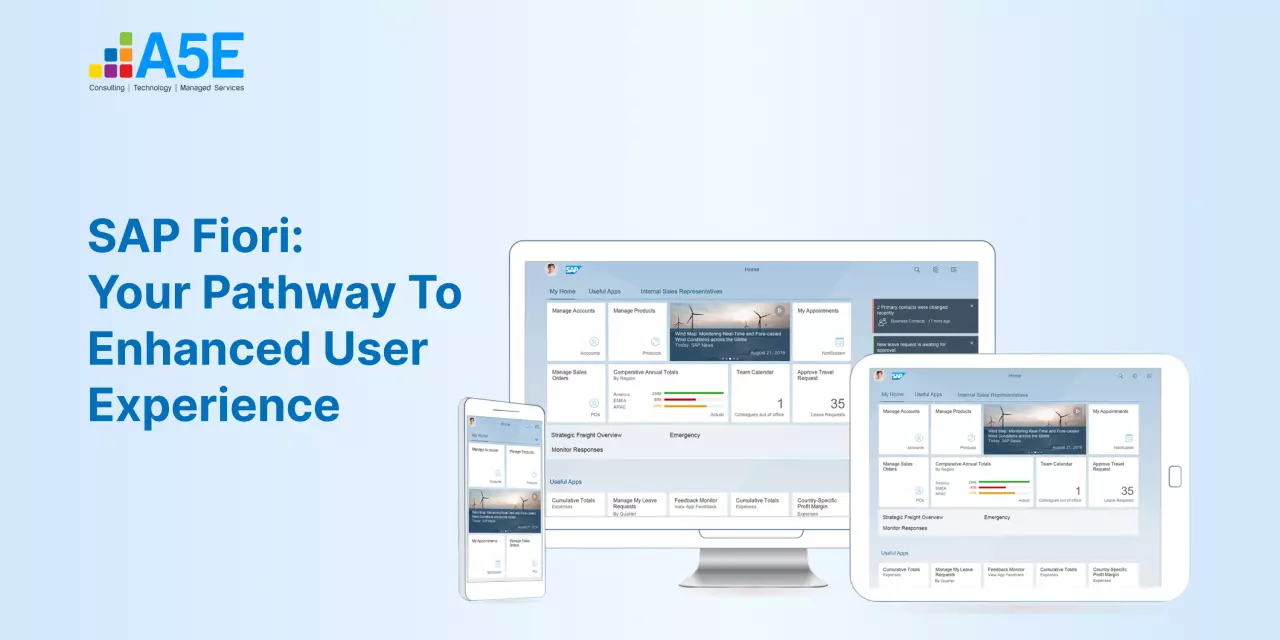
What is Platform Engineering?
Platform engineering is a discipline that emerged in response to the growing complexity of modern software development in product engineering. It is the practice of designing, building, and maintaining an Internal Developer Platform (IDP), which is a set of tools, services, and infrastructure that enable developers to be more productive and self-sufficient.
Platform engineers focus on providing developers with a consistent and standardized environment in which to build, test, and deploy software. They also work to automate and streamline the development process, so that developers can focus on writing code and delivering value to users.
Platform engineering services can help software organizations to:
- Improve the developer experience by providing them with self-service access to infrastructure and tools.
- Accelerate the delivery of customer value by automating the process of building and deploying applications.
- Reduce the cost of software development by streamlining processes and eliminating waste.
Platform engineering is a critical role in modern software development organizations. By providing developers with a well-designed and well-maintained platform, platform engineers can help them to be more productive, efficient, and secure.
Gartner predicts that by 2026, approximately 80% of software engineering organizations will have dedicated platform teams focused on constructing Internal Developer Platforms. This is because digital platform engineering services are essential for organizations that want to be successful in the cloud-native era.
In simpler terms, platform engineering’s meaning is about making it easier for developers to do their jobs. By providing them with the right tools and infrastructure, Digital platform engineering services can help developers to build and deploy applications faster and more easily. This can lead to a number of benefits for software organizations, including improved time to market, reduced costs, and increased customer satisfaction.
Rise Of Internal Developer Platforms
Platform engineering solutions refers to the development of Internal Developer Platforms (IDPs) or engineering platforms that developers, data scientists, or end users can use to speed up application delivery.
In essence, Identity Providers (IDPs) function as a user-friendly operational interface situated between end-users and the backend services that drive the platform. The objective is to modernize the process of application development and achieve desired business results quickly.
Who takes care of these engineering platforms? Product teams. These product teams look at the required platforms as “products”.
IDP builders responsibility:
-
- To create IDPs that are specifically designed for the needs of the company’s application development and the unique challenges that come with it.
-
- Are packaged with capabilities that development teams can consume to drive their initiatives
-
- Provide self-service capabilities to keep developers in control of what they want to achieve
-
- Automated infrastructure operations can help businesses to streamline their processes, reduce disruption, and continuously innovate.
-
- Utilize reusable components to enable more extensive cross-departmental adoption
How does platform engineering work?
Platform engineering solutions work by providing developers with a self-service platform that includes all the tools and resources they need to build, test, and deploy software. This platform is typically managed by a team of platform engineers who are responsible for ensuring that it is reliable, scalable, and secure.
The key to platform engineering services is to provide developers with a consistent and standardized environment in which to work. This means that developers can focus on writing code and delivering value to users, rather than having to worry about the underlying infrastructure.
Some of the key components of a digital platform engineering platform include:
Infrastructure as code (IaC): Managing infrastructure with code, for repeatable and consistent creation, configuration, and destruction.
Continuous integration (CI): Automate build, test, and merge code changes for a working codebase and safe merges.
Continuous delivery (CD): Automates deployment of code changes to production for quick and safe releases.
Monitoring and observability: Collecting data to understand and improve system performance.
Is Platform Engineering Challenging?
Platform engineering services is a challenging but rewarding field. It requires a deep understanding of a wide range of technologies, as well as the ability to think creatively and solve problems effectively. Platform engineers must be able to balance the needs of developers with the needs of the organization as a whole. They must also be able to adapt to change quickly, as the landscape of software development is constantly evolving.
Some of the specific challenges of platform engineering services include:
- Keeping up with the latest trends and technologies
- Managing the complexity of modern software development systems
- Ensuring the security and compliance of developer platforms
- Balancing the needs of developers with the needs of the organization
- Adapting to change quickly
What Is Platform Engineering vs Devops?
DevOps, despite being a contemporary operational paradigm, presents multiple challenges. The fundamental DevOps principle of “You build it, you own it” is not always feasible, mainly because DevOps teams typically lack the expertise to handle complex tasks such as configuration updates, the addition of dependencies, or the integration of additional services.
Ideally, developers require a dedicated platform team capable of constructing and maintaining a foundational platform equipped with self-service capabilities to facilitate seamless application development initiatives. The key distinction here lies in the fact that while DevOps encourages close collaboration among all teams, platform engineering allows platform engineers and developers to function autonomously. While engineers do collaborate with developers to comprehend their unique requirements and tailor the platform to meet business needs, developers can operate independently in most other aspects of their work.
Ultimately, the goal of both platform engineering and DevOps is to make it easier for developers to build and deploy great software. By working together, these two fields can help organizations to achieve this goal.
Benefits of Platform Engineering Services
-
- Reduced Friction
Paul Delory, VP Analyst at Gartner, says that “non-expert end users are often asked to operate an assembly of complicated arcane services.” The field of platform engineering has emerged to eliminate this friction and deal with the increasing complexity of modern software designs.
-
- Greater Speed
Platform engineering focuses on automating common workflows and paths. For example, By empowering developers with the ability to automate the code delivery process, employ automated test cases, and independently deploy applications, they become more proficient in expediting the delivery of their solutions to the market.
-
- Improved Developer Productivity & Experience
Developers are familiar with internal tools designed to assist them in navigating the intricacies of cloud-native development and embarking on the widely advocated “shift left” journey. Having this internal tooling also enables faster interactive prototyping and continuous delivery for the customers. Ultimately, this reduces the “cognitive load” on development teams and improves their experiences.
-
- Reduced Fragmentation
Developers are usually responsible for handling a host or things such as security, operations, misconfigurations, etc. All these facets require knowledge and adeptness at operating different tools and technologies. Platform engineering can effectively reduce this fragmentation and inconsistency. Platform engineers can resolve these challenges by consolidating various services and tools, even in the case of highly complex tasks such as application troubleshooting.
-
- Continuous Performance Improvement
It’s not that the platforms are static. Take cloud platforms, for example. Engineers working behind the scenes consistently enhance workflows, tailor the platform’s capabilities, and occasionally introduce new features. Thus, continuous improvement stands as a fundamental aspect of this discipline.
Role of Platform Engineering in Modern Businesses
In today’s rapidly changing business landscape, organizations are increasingly rely on software to drive innovation and growth. However, the complexity of modern software development has made it difficult for traditional IT teams to keep up with the market change.
Platform engineering services has emerged as a new discipline that helps organizations to address the challenges of modern software development. Platform engineers are responsible for designing, building, and maintaining the internal developer platform (IDP). The IDP is a set of tools, services, and infrastructure that provides developers with a self-service environment for building, testing, and deploying software.
The role of platform engineering solutions in modern businesses is to:
- Increase developer productivity by providing developers with a self-service environment that eliminates the need to wait for IT to provision resources.
- Reduce development costs by automating and streamlining the development process.
- Improve software quality by providing developers with a consistent and standardized environment in which to work.
- Increase agility by making it easier for developers to build and deploy software.
- Reduce risk by ensuring that software is developed and deployed in a secure and compliant manner.
Does Your Business Need Platform Engineering Consulting?
If you are struggling to manage the complexity of distributed development projects and are unable to provide developers with the self-service tools and resources they need, then it is time to consider platform engineering
If you are looking to improve the efficiency, productivity, and agility of your software development teams, then Platform Engineering is a solution worth considering.
Contact our platform engineering services today to learn more about how we can help you achieve your software development goals.





